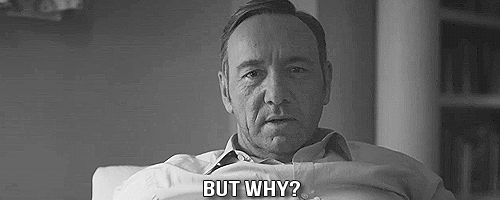
From the first paragraph, this is a startlingly original novel. The content slaps you across the face immediately and demands that you wake up and pay attention because this is not a derivative story and you're going to have to concentrate to understand what's going on.
Fine.
Original.
Demanding.
Great, if it makes itself worth the effort, which, so far, it is.
So why gild the lily by messing about with punctuation?
What is wrong with normal quotation marks?
I find that they do useful things like telling me when someone is talking and helping me separate that out from the authorial voice or the narrator's interior voice. True, the grammar rules can be a little complicated but that's because they're situationally specific and some of those situations are quite complicated.
Liz Jensen has chosen to dump quotation marks. Unlike some authors, she hasn't simply left them out and decided that to adopt an interactive modality that requires the reader to figure out what the writer would have written if they'd bothered to write. She's come up with an alternative set of punctuation. Here's a sample:
Finally, John groans through the music.
– You know what that means, for me, he says.
– Not necessarily, I go.
I’m feeling jittery, ragged, claustrophobic, a bit sick. For once, I’m grateful for the musical racket dinning through the sound system.
– You’d have been notified, I say. As firmly as I can. Has Fishook called you to the bridge yet? I can’t see John’s face from here, but I guess he’s just staring moochily out of the porthole at this point. – Well, has he? I say. No.
– No, John echoes.
– Well then, I tell him. Hang on to that, is my advice.
I've read it over several times and it seems to me that notation being used adds nothing but unnecessary effort for the reader.

Why do writers do this?
Perhaps I'm just getting old and set in my ways. I'll stop muttering now and go back to the novel.










